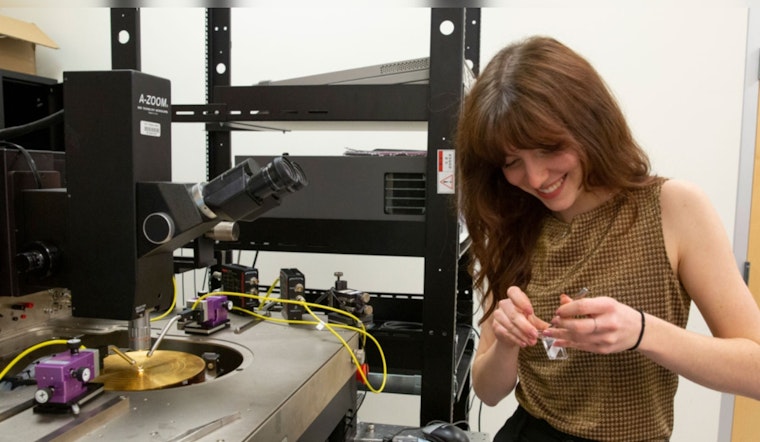
Arizona State University and local community colleges are cashing in on the semiconductor gold rush burgeoning across the Grand Canyon State. Boosted by industry demand, these institutions are crafting educational programs to fuel the workforce for this high-tech sector. ASU's Southwest Advanced Prototyping Hub (SWAP Hub) is a perfect example, an ambitious partnership that corrals the brainpower of more than 130 entities from government, academia, and industry heavyweights like Intel and Northrop Grumman, as ABC15 reported.
Priming the pump for semiconductor success, Intel Labs' University Research & Collaboration Office plans to support higher education institutions across the region. Freddy Ramirez, a global director at Intel said, “Through this investment, we're harnessing local talent to sustain our industry's growth." Arizona is no stranger to big bets in the microelectronics arena, with a $2B facility making Amkor the largest private employer in Peoria and the White House committing $5B to a sought-after semiconductor center in the state.
ASU's initiative isn't just about lining up labs and lectures. According to Sally Morton, executive vice president of ASU’s Knowledge Enterprise, it's about building bridges "between research and entrepreneurship" to advance "the local semiconductor industry and further enhancing economic competitiveness and national defense," Morton said in a media release obtained by ABC15. The SWAP Hub isn't flying solo, though. Chandler-Gilbert Community College, among others, is also ramping up to churn out industry-ready graduates.
Falling in step, the Ira A. Fulton Schools of Engineering at ASU has bagged a cool $150,000 for a 12-month initiative aimed at bursting the diversity dam in engineering education. This Intel-funded project zeroes in on the educational continuum, targeting everyone from green undergrads to advanced doctorate students. "We want to trigger students’ interest to go into semiconductors and give them access to interesting, hands-on microelectronics opportunities,” Lenore Dai, Fulton Schools vice dean, told ASU News.
The Commerce Department, flexing its financial muscles, has greased the wheels for Intel with up to $8.5 billion in funding and $11 billion in loans to erect chip facilities across Arizona, Ohio, New Mexico, and Oregon. Commerce Secretary Gina Raimondo's department sees this as a power move to bulk the U.S.'s capacity to forge 20% of the globe's high-flight chips by 2030, making a zero to hero leap in domestic manufacturing. "Phoenix has emerged as a hub of microelectronics innovation," Kyle Squires, ASU's senior vice provost said in a project overview shared by ASU News, illustrating ASU's resolve to widen workforce pipelines through inclusive excellence initiatives.









